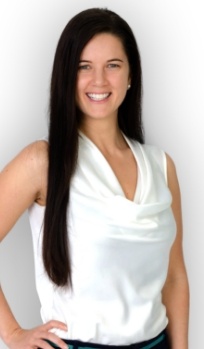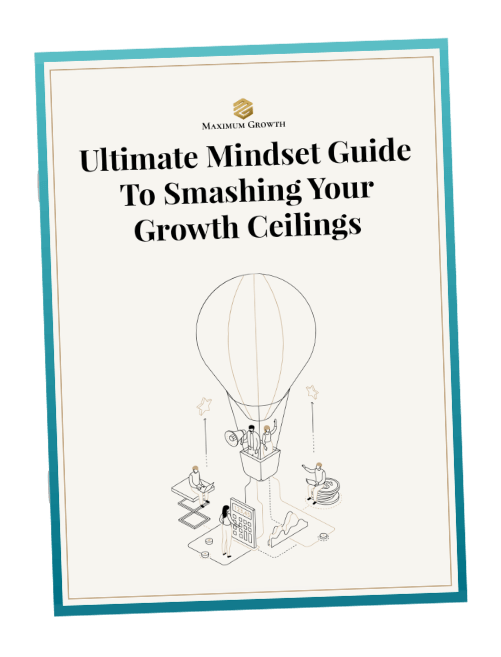Picture this: I’m driving with my daughter in the back seat, and Justin is sitting next to her. We’re on our way to the airport, and everything seems to be going smoothly—until I make a wrong turn.
Suddenly, instead of heading straight to our destination, we’re winding through the city streets, adding time to our journey.
As we’re stopped at a red light, I glance out the window and see a school sign that reads, “Our Lady of Mount Camel.”
Puzzled, I turned to Justin and said, “Mount Camel? That’s a new one. I’ve never heard of it in Australia.”
Justin, equally perplexed, agrees. “Yeah, that’s odd,” he replies, and Bonnie joins in. We all start chuckling, imagining a school dedicated to camels.
As the light turns green, and we start moving again, Justin does a double-take and says, “Wait, it’s not Camel—it’s Carmel.”
By this time, the school is behind us, and I can’t go back to double-check.
But I was certain that the sign said “Camel.” I read it. Justin read it. How could we both have been mistaken?
So what did we do? We turned to Google for answers. Within seconds, Justin found that the school was indeed called “Our Lady of Mount Carmel,” not Camel.
Somehow, I’d misread it, and my conviction was so strong that I influenced Justin to see it the same way.
Now, here’s why this matters to your business. This small, seemingly insignificant moment is a powerful illustration of how our perceptions can be deeply influenced by bias—and how those biases can ripple out to impact others.
Maybe I had animals or camels on my mind?! Who knows?
As business owners, especially in service industries, we often find ourselves in situations where we need to make quick decisions.
Our brains, wired for efficiency, often fill in gaps based on what we think we know.
But here’s the catch: these snap judgments, while sometimes useful, can be dangerously misleading if they’re not based on solid evidence.
Think about it: How often do you make decisions based on assumptions rather than facts?
Maybe you assume you know what your clients want because it’s what they’ve asked for in the past.
Or you’re convinced that a certain marketing strategy will work because it did once before.
Perhaps you’re so certain about a particular business direction that you don’t even consider alternative options. But what if it wasn’t this way now?
In business, just like in that car with Justin, misperceptions can lead you off your path.
You might overlook critical information, dismiss a valuable opportunity, or steer your entire business in a direction that ultimately doesn’t serve your goals.
The lesson here is not just to avoid snap judgments but to actively question your perceptions.
When you’re sure you’ve got something figured out—whether it’s a client’s needs, a business strategy, or a market trend—take a moment to step back and verify it.
Are you seeing things as they really are, or are you letting assumptions cloud your judgment?
This is where the power of data, feedback, and external perspectives comes into play.
Don’t just rely on what you think you know. Or if someone else is certain.
Gather evidence, seek out diverse opinions, and be open to the possibility that you might need to adjust your course.
Just like with the school sign, you might discover that what you initially thought was “Camel” is actually “Carmel”—a subtle but crucial difference that can change the direction of your business.
In the end, this isn’t just about avoiding mistakes; it’s about maximising your potential.
By fostering a habit of questioning your assumptions and seeking clarity, you set yourself up to make more informed, strategic decisions that propel your business forward.
So, the next time you find yourself convinced you’ve got something figured out, whether it’s a new business idea, a client’s request, or even your long-term strategy, pause and take a closer look.
You might just uncover Mount Carmel, where you were expecting Mount Camel—a more accurate, profitable path that leads you exactly where you want to go.
With love,
Tanya x
Leadership Coach & Master Certified Demartini Method Facilitator
BAppSoSc (Counselling)


